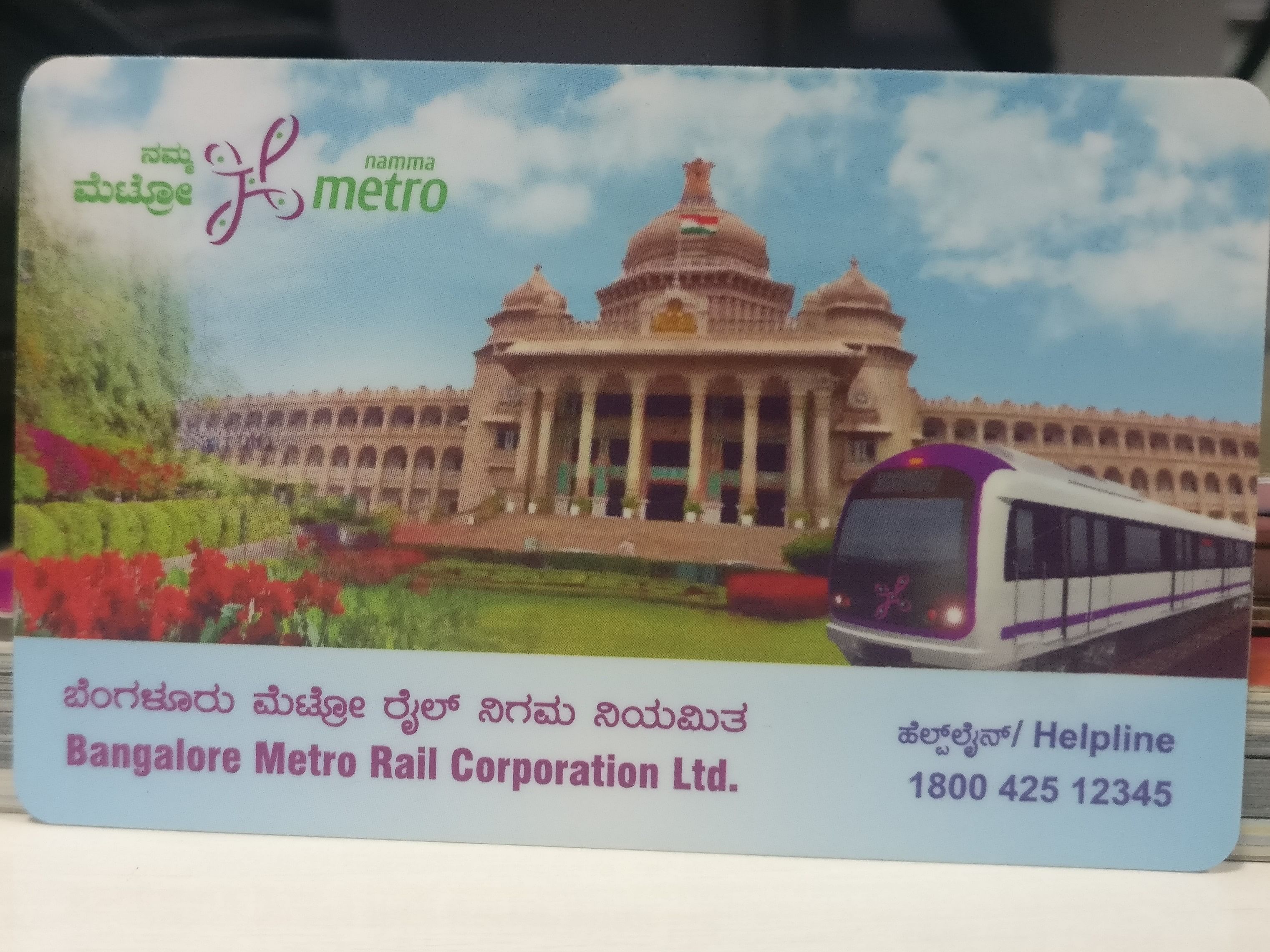
The national common mobility card (NCMC), set to replace the existing metro smart card in the next two years, will also bring in the QR code-enabled automatic fare collection (AFC) system, which will allow payments through a smartphone.
Officials at the Bangalore Metro Rail Corporation Limited (BMRCL) have installed AFC gates at the Baiyappanahalli and Mysore Road metro stations, but said the present tests will be internal in the beginning.
BMRCL chief public relations officer B L Yashvant Chavan said the new AFCs will have the option of paying the fares by scanning the QR code. “We are running tests on the new AFC system that will support NCMC as well as QR code payments. As far as the existing gates are concerned, the part of the system that reads the cards (fare validator/acceptor) will be changed in a phased manner,” he said, adding that the transition may take about two years.
The AFC gates are supplied by Bharat Electronic Limited, Kotdwara, while the backend systems are provided by the Centre for Development of Advanced Computing. Besides the NCMC cards, the new AFC system will also support the existing metro cards, BMRCL said in a release on Monday.
An official working on the project said the pilot project may take more than 45 days of testing. During this time, officials will resolve the existing issues and also come up with solutions to the problems that may crop up when they scale up the user base.
Challenge for BMTC
At the Bangalore Metropolitan Transport Corporation, officials have already tested a closed-loop card that did not make it to the market. With the open-loop technology, officials hope that the financial transactions will be streamlined.
“Though the open-loop technology is not new, adopting it will have initial hiccups that are specific to each institution. The challenges we face are different when compared with the BMRCL. The handheld electronic ticketing machines have to work without a hitch, and the telecom network and the communication with the server should be seamless. Moreover, all this has to happen in real time when the buses are in commercial operation,” a source said.